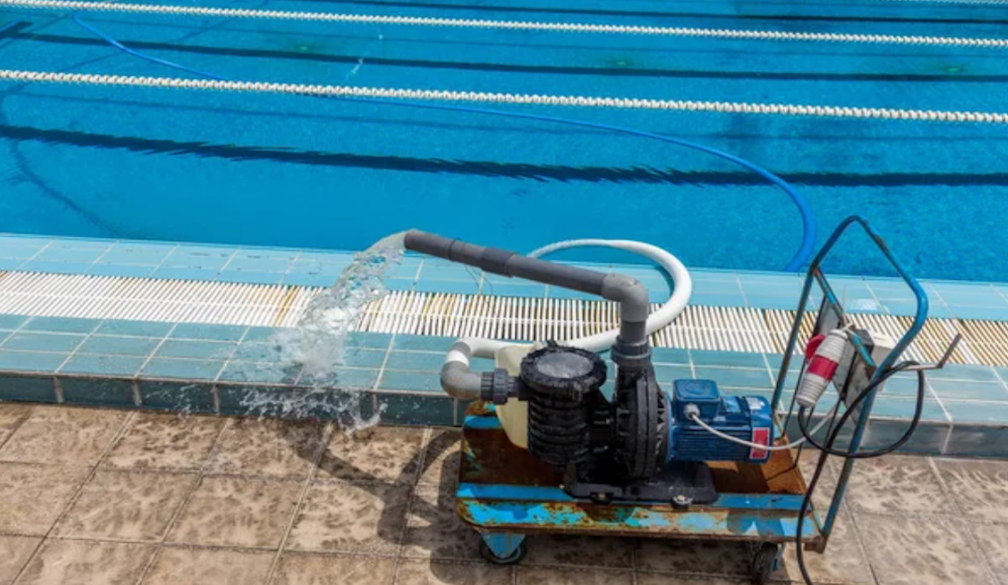Marriage Celebrant for Modern Lovers Who Want Something Different
- Written by Modern Australian

Many couples today feel pressure to follow the same wedding traditions their parents or grandparents did. They might sit through long ceremonies that don’t feel like them or listen to someone read from a script without heart.
For people who care about personal details and want their day to reflect who they are, this can feel frustrating. Some even worry their wedding will feel dull or forced.
There’s another way. You don’t have to settle for a copy of someone else’s ceremony. With the right marriage celebrant, you can create something real, warm, and honest, something that feels like you. It can be simple or bold, quiet or full of laughter. What matters most is that it fits your relationship.
What Today’s Couples Really Want from a Ceremony
Weddings today aren’t just about formal steps and speeches. More and more couples are choosing ceremonies that show their story, their values, and their way of loving. That doesn’t mean skipping the legal parts; it means bringing life to the moment when you promise forever.
Some couples want short and sweet. Others want humor. Many want their children, pets, or best friends involved. Some want music and readings, while others want to stand in silence and speak from the heart. There’s no single path, and that’s the beauty of it.
A flexible marriage celebrant will listen, not just talk. They’ll ask about how you met, what you love about each other, and what kind of moment you want to share with your guests. Then, they’ll build a ceremony that fits.
Choosing a Celebrant That Feels Right
The most important part of picking a celebrant isn’t their logo, outfit, or even how long they’ve been doing it. It’s how you feel when you talk to them. Do they seem like someone you’d trust to speak your words? Do they understand that your day isn’t about them, it’s about you?
Here’s what modern couples often look for:
- A warm and down-to-earth personality
- Clear and simple communication
- Respect for different cultures, backgrounds, and beliefs
- A sense of calm, especially when nerves are high
- Support in writing vows or sharing your story
If the celebrant you’re speaking with makes you feel relaxed, supported, and seen, you’re on the right track.
What Makes a Celebrant Stand Out to Modern Couples
Couples who want something different usually don’t want a copy-paste ceremony. They want someone who understands that this moment is about real feelings, not just ticking boxes. The right celebrant should:
- Offer flexible options for structure and style
- Be open to unique ceremony ideas (like readings by friends, blending traditions, or outdoor vows)
- Provide drafts and revisions so you feel good about the final version
- Guide you through the legal steps in a clear way
- Be present and calm on the day, handling timing and flow
You’re not asking for too much. You’re asking for something meaningful. A good celebrant knows that and treats your story with care.
What to Ask Before You Book
If you're looking for someone who gets modern love and isn’t stuck in the past, ask these questions when meeting a potential marriage celebrant:
- How do you usually structure a ceremony?
- Can we include personal stories or write our own vows?
- Have you worked with couples from different backgrounds?
- Are you open to non-traditional or blended ceremonies?
- Do you help with the legal paperwork?
These questions won’t just give you answers; they’ll show you how the person thinks, listens, and responds.
Real Ways Couples Make Their Ceremonies Unique
Some couples write their vows in secret and hear them for the first time during the ceremony. Others speak together, side by side. Some include poems, songs, or letters from family. A few keep it super simple: just a few words, a ring, and a kiss.
Here are a few ideas to help your ceremony reflect your story:
- Add a short welcome from a friend or family member
- Share a “how we met” story written by each partner
- Light a candle, plant a tree, or pour sand to symbolize unity
- Include a pet as the ring bearer or guest of honor
- Let guests write wishes or messages that you can read later
Whatever you choose, your celebrant should support the ideas, not push you into a format that doesn’t fit.
The Role of the Celebrant on the Day
On the wedding day, nerves can show up even if you’re normally calm. That’s when a caring celebrant helps. They will:
- Arrive early and speak with both partners
- Calm the space before the ceremony begins
- Gently lead the guests and help everyone feel included
- Keep track of timing without rushing you
- Handle the paperwork, so it’s all taken care of
They also act as a guide, someone who’s done this before and knows what works, but still makes space for what matters to you.
Legal Steps, Made Easy
A modern ceremony still needs the proper paperwork. Your celebrant handles the formal side, but you’ll want to:
- Fill out your Notice of Intended Marriage in time
- Provide the right ID documents
- Sign the marriage certificates on the day
A professional celebrant will make this easy to understand and explain each step. You should never feel unsure or rushed during this process.
The Cost of Personal Ceremonies
Every couple has a budget, and prices can vary depending on location, time, and the celebrant’s experience. For a custom ceremony led by a marriage celebrant, expect rates to start around $500 and go upward from there.
What’s often included:
- Planning meetings
- Ceremony script writing
- Legal support
- The ceremony itself
- Travel to your venue
- Use of a microphone or speaker system, if needed
Ask for a full breakdown of what’s included so you know exactly what you’re paying for.
Don’t Rush the Decision
Give yourself time to meet at least two or three celebrants. Don’t book just because someone is available or affordable. Your ceremony is one of the most personal parts of the day, and you deserve someone who understands that.
After your meeting, talk it through with your partner. Did you feel listened to? Did the celebrant ask questions about your story? Did you feel relaxed during the call?
If you both feel confident and comfortable, it’s likely a good match.
Why It’s Worth It
A ceremony shaped around your story makes the day feel more real. It’s not about impressing people or checking off a list, it’s about standing side by side with the person you love and saying, “This is us.”
A skilled marriage celebrant helps you get there without stress. They take your ideas, your story, and your hopes and turn them into a moment you’ll always remember.
You won’t just be looking back at wedding photos. You’ll remember how you felt, what you said, and how right it all felt.



















